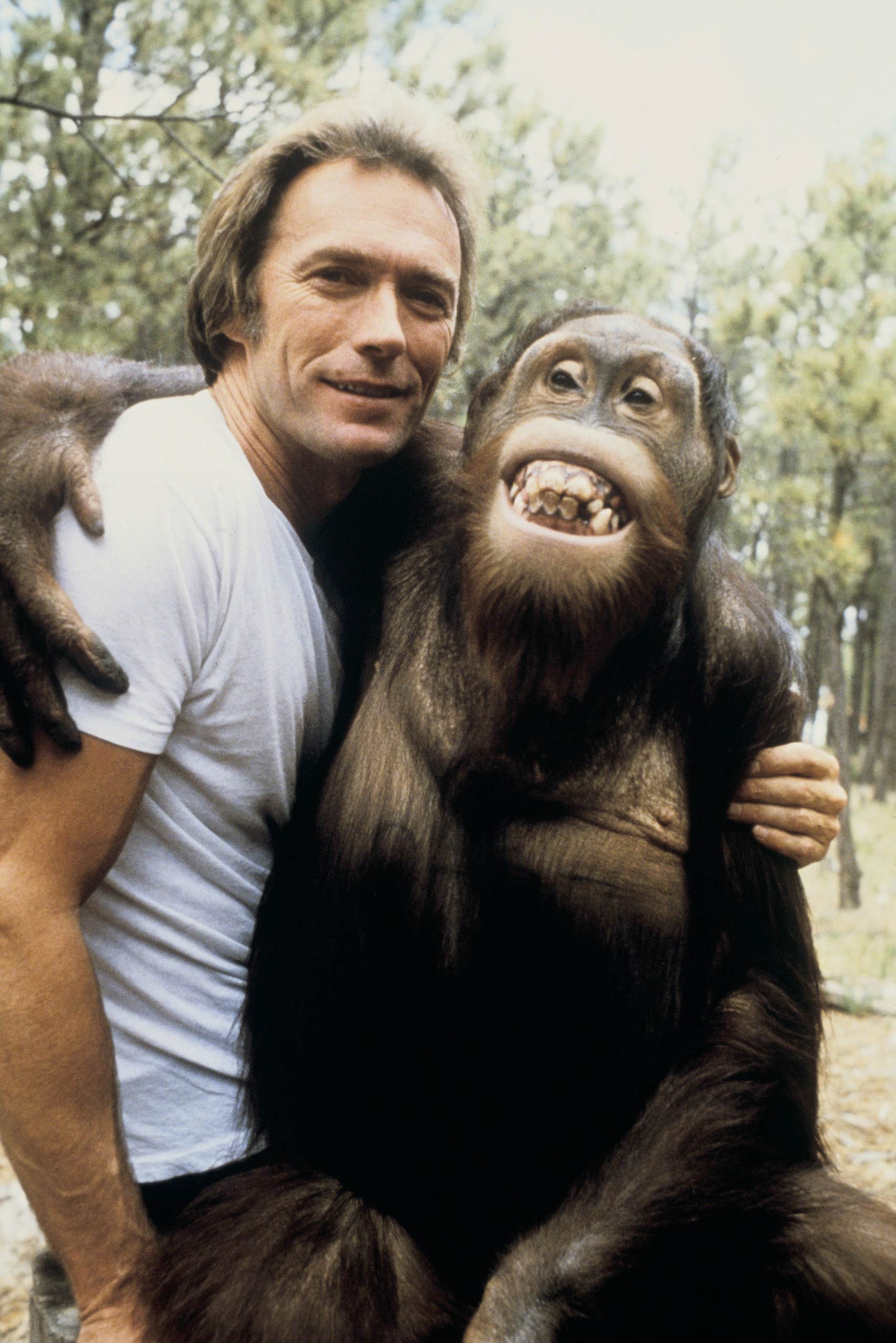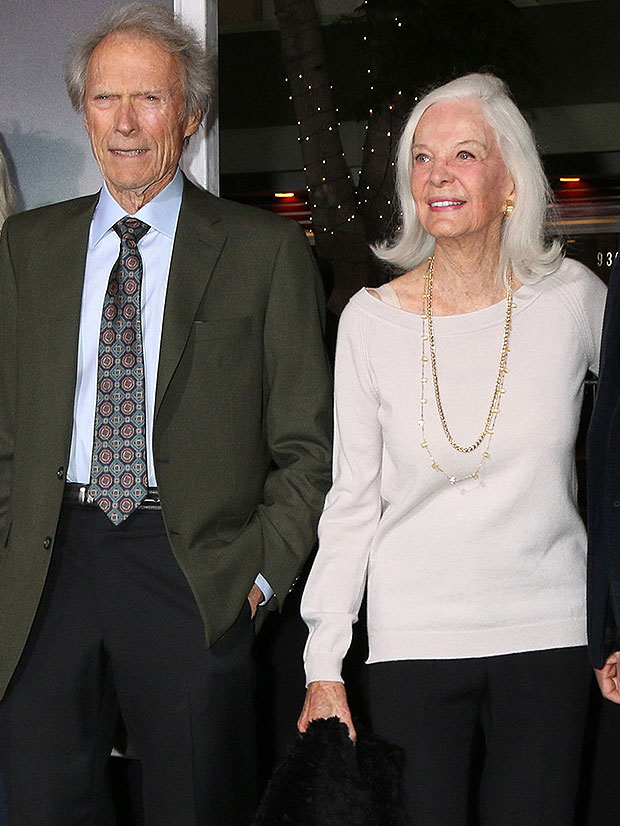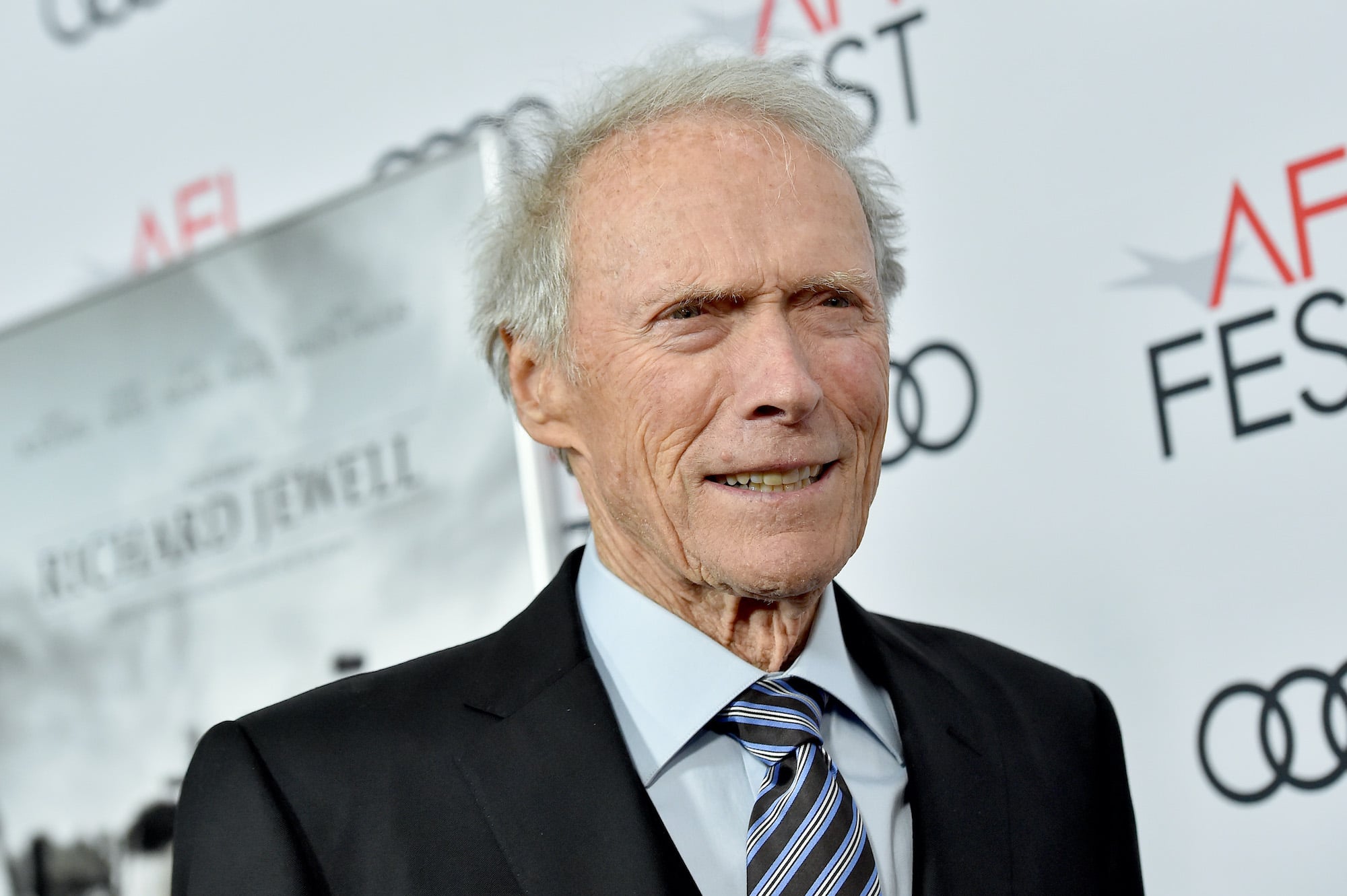Clint Eastwood is one of the most iconic figures in the world of cinema, whose career spans over six decades. From his early days as a rugged cowboy in Westerns to becoming one of Hollywood's most respected directors, Eastwood has left an indelible mark on the entertainment industry. His journey through time showcases not only his versatility but also his unwavering dedication to his craft. In this article, we will explore the life, career, and legacy of Clint Eastwood, highlighting the remarkable milestones that have shaped his storied career.
Born on May 31, 1930, Clint Eastwood's rise to fame began in the 1950s when he landed his first significant role in the television series "Rawhide." His portrayal of Rowdy Yates earned him a dedicated fan base and set the stage for his transition to the silver screen. Clint Eastwood's journey through time is a testament to his ability to adapt and evolve, proving that true talent knows no age limit.
Throughout his career, Eastwood has demonstrated his expertise in acting, directing, and producing. His work ethic, combined with his authoritative presence on screen, has made him a trusted figure in the film industry. As we delve deeper into Clint Eastwood's remarkable life, we will uncover the key elements that have contributed to his enduring success and explore the impact he has had on generations of audiences.
Read also:Discover The Inspiring Journey Of John Amos Elisabete De Sousa
Biography of Clint Eastwood
Early Life and Career Beginnings
Clint Eastwood was born in San Francisco, California, to Ruth Eastwood, a housewife, and Clinton Eastwood Sr., a steelworker. Growing up during the Great Depression, Eastwood developed a strong work ethic and a desire to succeed. After serving in the U.S. Army, he pursued his passion for acting, eventually landing a role in the television series "Rawhide," which aired from 1959 to 1965.
Below is a summary of Clint Eastwood's personal information:
| Full Name | Clinton Eastwood Jr. |
|---|---|
| Date of Birth | May 31, 1930 |
| Place of Birth | San Francisco, California, USA |
| Occupation | Actor, Director, Producer, Composer |
| Spouse | Margaret Rudolph (divorced), Frances Fisher (divorced), Dina Eastwood (married) |
| Children | 7 children from various relationships |
Clint Eastwood's Iconic Western Films
Breaking into Hollywood with Sergio Leone
Clint Eastwood's breakthrough came when he was cast as "The Man with No Name" in Sergio Leone's Dollars Trilogy: "A Fistful of Dollars" (1964), "For a Few Dollars More" (1965), and "The Good, the Bad and the Ugly" (1966). These films cemented his status as a Western icon and introduced him to international audiences. According to the British Film Institute, the Dollars Trilogy remains one of the most influential series in cinematic history.
Eastwood's portrayal of the anti-hero archetype challenged traditional Western narratives, bringing a new level of complexity to the genre. His stoic demeanor and minimalist dialogue became trademarks of his acting style, influencing countless actors who followed in his footsteps.
The Transition to Action and Thriller Films
Dirty Harry: A New Era for Clint Eastwood
In 1971, Clint Eastwood starred as Inspector Harry Callahan in "Dirty Harry," a film that would redefine the action genre. Directed by Don Siegel, the movie introduced audiences to Eastwood's gritty, no-nonsense character, whose catchphrase, "Do you feel lucky, punk?" became iconic. The film's success spawned four sequels, solidifying Eastwood's reputation as a leading man in action cinema.
Eastwood's ability to adapt to changing trends in the film industry allowed him to remain relevant throughout the 1970s and 1980s. His work in films like "Every Which Way But Loose" (1978) and "Any Which Way You Can" (1980) showcased his versatility, proving that he was more than just a Western star.
Read also:Nisha Guragain The Digital Sensation Redefining Music And Social Media
Clint Eastwood: The Director
A New Chapter in Clint Eastwood's Career
In addition to his acting prowess, Clint Eastwood has carved out a successful career as a director. His directorial debut came in 1971 with "Play Misty for Me," a psychological thriller that demonstrated his ability to tell compelling stories. Over the years, Eastwood has directed over 35 films, earning critical acclaim for his work in both drama and action genres.
Some of his most notable directorial efforts include "Unforgiven" (1992), which won four Academy Awards, including Best Picture and Best Director, and "Million Dollar Baby" (2004), which earned him another Best Director Oscar. Eastwood's films often explore themes of morality, redemption, and the human condition, reflecting his deep understanding of storytelling.
Clint Eastwood's Musical Talent
Composing for the Silver Screen
Lesser-known to many, Clint Eastwood is also a talented composer. He has composed music for several of his films, including "Mystic River" (2003), "Flags of Our Fathers" (2006), and "Hereafter" (2010). His ability to create evocative scores that enhance the emotional depth of his films adds another layer to his artistic contributions.
Eastwood's passion for music began at a young age, and he has cited jazz legends like Miles Davis and John Coltrane as major influences on his work. His compositions often incorporate jazz elements, bringing a unique sound to his films.
Clint Eastwood's Legacy and Influence
Shaping the Future of Cinema
Clint Eastwood's remarkable life and career have left an indelible mark on the film industry. His ability to reinvent himself and remain relevant over six decades is a testament to his talent and dedication. Eastwood has inspired countless actors, directors, and filmmakers, proving that age is just a number when it comes to creativity and innovation.
According to the American Film Institute, Clint Eastwood ranks among the greatest male screen legends of all time. His contributions to cinema have earned him numerous accolades, including honorary awards from the Academy of Motion Picture Arts and Sciences and the Golden Globe Awards.
Clint Eastwood's Political Career
From Hollywood to Carmel-by-the-Sea
In 1986, Clint Eastwood made headlines when he was elected mayor of Carmel-by-the-Sea, California. During his one-term tenure, Eastwood focused on preserving the town's natural beauty and promoting sustainable development. His leadership style, characterized by pragmatism and efficiency, mirrored his approach to filmmaking.
Eastwood's involvement in politics has been a subject of interest throughout his career. While he has remained active in civic affairs, he has always prioritized his work in the entertainment industry, balancing his dual roles with grace and aplomb.
Clint Eastwood's Personal Life
A Family Man Beyond the Spotlight
Despite his larger-than-life persona on screen, Clint Eastwood has always valued his privacy. He has been married three times and has seven children from various relationships. His personal life has been marked by both joy and challenges, reflecting the complexities of a life lived in the public eye.
Eastwood's commitment to his family and community underscores his authenticity and trustworthiness as a public figure. His ability to maintain a balanced life despite his demanding career speaks volumes about his character and values.
Clint Eastwood's Impact on Modern Cinema
Inspiring the Next Generation
Clint Eastwood's influence extends beyond his films and into the lives of aspiring actors and filmmakers. Through his work, he has demonstrated the importance of authenticity, hard work, and perseverance. His dedication to his craft has inspired countless individuals to pursue their dreams and strive for excellence.
Eastwood's films often tackle complex social issues, encouraging audiences to think critically about the world around them. His ability to connect with viewers on a personal level has made him one of the most respected figures in the entertainment industry.
Clint Eastwood: A Timeless Icon
Looking Ahead to the Future
As Clint Eastwood continues to create and inspire, his legacy as a timeless icon of cinema remains unwavering. At the age of 93, he shows no signs of slowing down, with new projects in the works that promise to captivate audiences worldwide. His remarkable journey through time serves as a testament to the power of passion and determination.
Clint Eastwood's contributions to the film industry have earned him a place in history as one of its most influential figures. His ability to adapt and evolve while staying true to his roots has made him a beloved figure across generations.
Conclusion
The remarkable life of Clint Eastwood is a story of resilience, talent, and unwavering dedication. From his early days as a struggling actor to becoming one of Hollywood's most respected directors, Eastwood has left an indelible mark on the world of cinema. His journey through time has inspired countless individuals to pursue their dreams and strive for excellence.
As we reflect on Clint Eastwood's incredible career, we invite you to share your thoughts and favorite films in the comments below. Join the conversation and celebrate the life and legacy of this legendary figure. Don't forget to explore our other articles for more insights into the world of entertainment and beyond.
Table of Contents
- Biography of Clint Eastwood
- Clint Eastwood's Iconic Western Films
- The Transition to Action and Thriller Films
- Clint Eastwood: The Director
- Clint Eastwood's Musical Talent
- Clint Eastwood's Legacy and Influence
- Clint Eastwood's Political Career
- Clint Eastwood's Personal Life
- Clint Eastwood's Impact on Modern Cinema
- Clint Eastwood: A Timeless Icon


